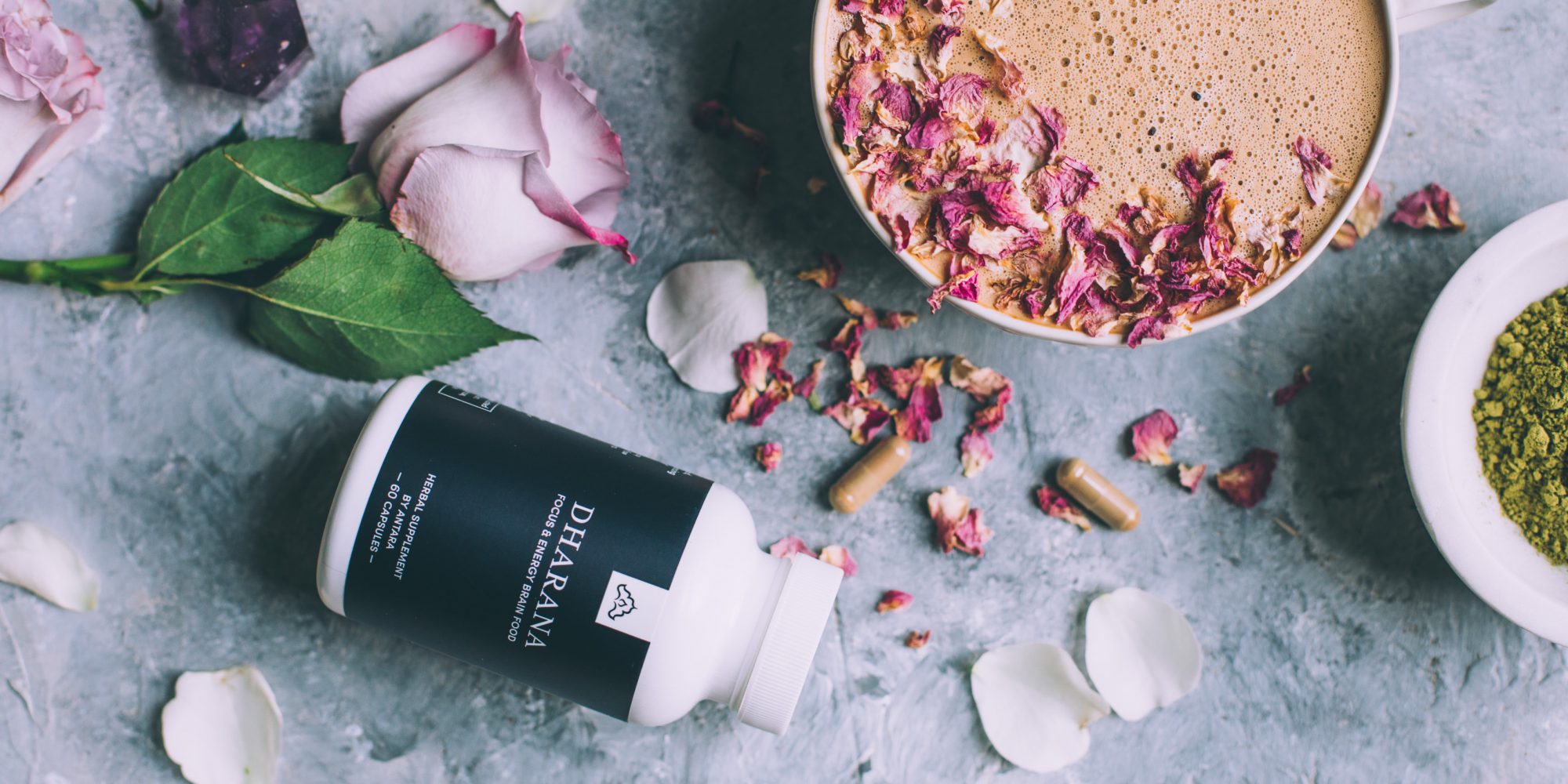
Nootropics’ March From Biohacking Bros To Beauty Lovers Continues With The Launch Of Antara
As a young New York City professional with a Wall Street job, Caroline Rasmussen was stressed and exhausted. Caffeine, cigarettes and adrenaline fueled her. Sure, she was burnt out by the tender age of 29, but so was everyone else she knew.
Rasmussen’s personal life forced her to leave the professional rat race and reevaluate her nonstop schedule when her father was diagnosed with early-onset dementia. The Bangkok native decided to return home to care for him. The move was a momentous one for Rasmussen that put the Harvard University-trained lawyer on a path toward wellness.
“It shifted my priorities from work and the New York lifestyle to making sure I was really maximizing my time to not go down the road my dad was going down,” she says. Rasmussen ended up studying herbal medicine, meditation and brain health while in Thailand, and concocting tinctures in the kitchen that were effective for her father and herself. She’s now turned them into Antara, a new brand of herbal nootropics. “You’re the expert on yourself,” says Rasmussen. “You know yourself best, and the power of you taking ownership of that internally is tremendous.”
“You know yourself best, and the power of you taking ownership of that internally is tremendous.”
It took over two years to perfect Antara’s inaugural collection. The brand is launching with a duo of supplements called Amrita and Dharana that contain plant ingredients used for centuries in Thailand’s traditional medicine, a system Rasmussen describes as “a crossroads between Ayurveda and traditional Chinese medicine.” Antara uses herbs like gotu kola, mucuna and ginseng extracts that are incorporated in Thai remedies and purported to enhance the mind, alleviate stress, oxygenate the brain and decrease inflammation.
Rasmussen says Antara’s supplements have therapeutic doses of these and other nootropic herbs aimed at improving cognitive function, not simply adaptogens, a class of substances considered de-stressors. Nootropics are a booming business within the wellness industry. A recent report by Zion Market Research projects the global nootropics market will accelerate at an annual compound growth rate of 15.7% to reach almost $6 billion by 2024. Brands such as Bulletproof, Mind Lab, Kin Euphorics and TruBrain have popularized nootropics, and recent launches by The Nue Co., Goop and more are placing nootropic-based products squarely in the beauty category.
“Some adaptogens are also nootropics, but not all,” explains Rasmussen, who has become a trained herbalist. “Because they’re both often marketed for energy, there can be confusion. If you want an energy boost today within a few hours, you definitely want herbs that are nootropics and not adaptogens, which are designed more for routine, long-term use. They should increase your energy over time.”
-
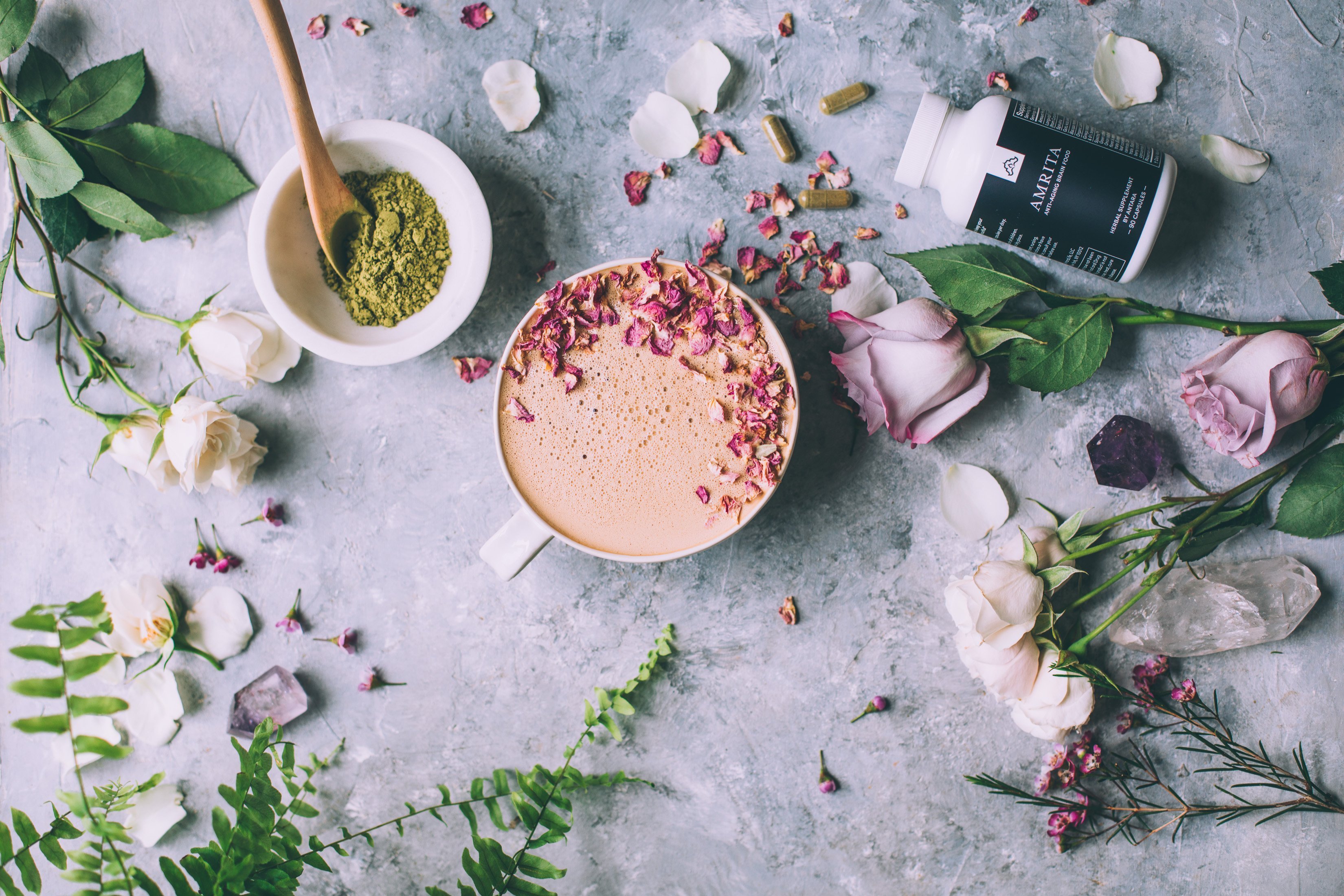
Rasmussen chose simple indigo and white packaging to position Antara as gender-neutral as well as to differentiate Antara from the many multicolor supplements brands on the market. The color combination is also an homage to hill tribes in the north of Thailand.
Designed as a daily multivitamin for the mind, Antara’s Amrita incorporates ingredients clinically proven to decrease bodily inflammation. As Rasmussen studied ways to heal her father’s disease with natural ingredients, she learned that dementia, like many chronic diseases, is inflammation-driven. The founder-cum-formulator built Amrita around the powerful anti-inflammatory agent turmeric compound curcumin. Turmeric is in countless powders and pills already on the market, but Rasmussen contends curcumin from it in Amrita is almost 300 times more bioavailable than standard turmeric extract.
“It’s proven to get into your brain within three hours of taking it,” she says. “If you’re consistently taking it, it’s staying there at a clinically effective and therapeutic level to tamp down that inflammation.” On top of the curcumin, Amrita contains lion’s mane, a mushroom that protects the connection between brain cells, and gotu kola. Known as centella asiatica, gotu kola is an ingredient increasingly being tapped by skincare brands for its regenerative effect on collagen production and ability to block enzymes that break down collagen. Research shows that gotu kola has a similar effect on the brain.
Antara’s Dharana supplement is the brand’s quick fix for focus and energy. It’s designed to be taken on an as-needed basis and centered on the ingredient rhodiola rosea. Praised by Rasmussen as both an adaptogen and nootropic, she says, “It’s a performance enhancer that increases oxygen to the brain and counters the harmful effects of stress.” Two other hero nootropic herbs in Dharana are ginseng and mucuna. Rasmussen says, “These will help all neurotransmitters fire together so you feel focus, energy and motivation usually within an hour.”
“If you want an energy boost today within a few hours, you definitely want herbs that are nootropics and not adaptogens, which are designed more for routine, long-term use.”
Dharana retails for $65 for a one-month supply and $55 through monthly subscription. Amrita’s prices are $75 and $65, respectively. So far, the majority of Amrita buyers are in their late 30s and beyond and skew female while Dharana is primarily popular with men and women in their early 20s.
Antara’s e-commerce site went live in the spring, the same week Rasmussen discovered she’s pregnant. She pumped the breaks on the brand’s launch as she coped with first-trimester fatigue. It didn’t hurt that she felt the back-to-school system would be the perfect time to kick Antara into high gear. Amrita and Dharana are currently sold on the brand’s website, although Rasmussen shares she’s in the process of meeting with potential retailers for future partnerships. Clean beauty retailers The Detox Market, Clean Market and Goop are targets. Rasmussen adds, “I’m very interested in working with herb stores and outlets that I’ve been frequenting for years, like Inscape and Alchemist Kitchen, because I offer complementary services.”
Now that the supplement duo is launched, those complementary services will be Rasmussen’s next focus. “I’ll be formalizing and expanding my meditation training practice,” she says, noting that both herbal medicine and meditation are two mainstays of traditional medicine in Thailand. “I’ve been teaching one-on-one and small group sessions with startups. Now I’m formalizing my studies at the Nalanda Institute. Meditation is so important and super complementary to the effects of these herbs, maintaining focus and overall elevating the quality of your experience, which is all processed by your mind and your perception.” Rasumussen is certified to teach transcendental meditation as well as what she practices daily, a blend of vipassana and tantric kundalini meditation.
Rasmussen has bootstrapped Antara with her savings from toiling in the corporate world. She declined to disclose the investment it took to get the brand off of the ground. She detailed, however, that she expects 80% of its sales early on to come from e-commerce, including subscriptions, with the remaining 20% from select retail accounts. Rasmussen projects Antara will cross $1 million in annual revenue by the end of 2020.

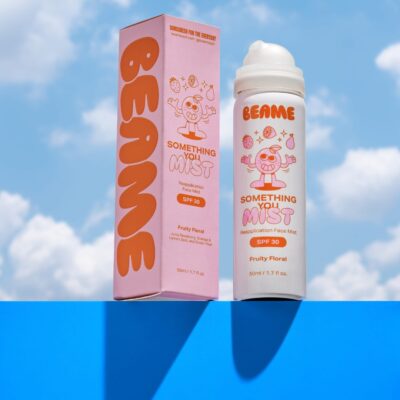
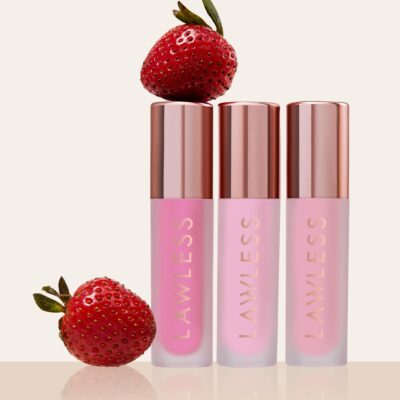
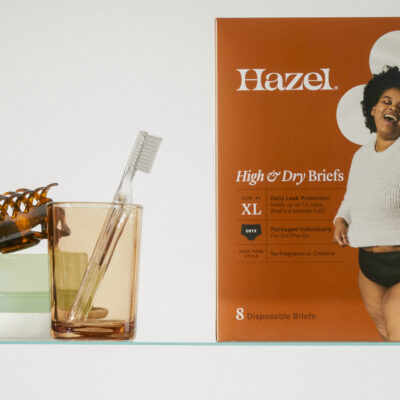
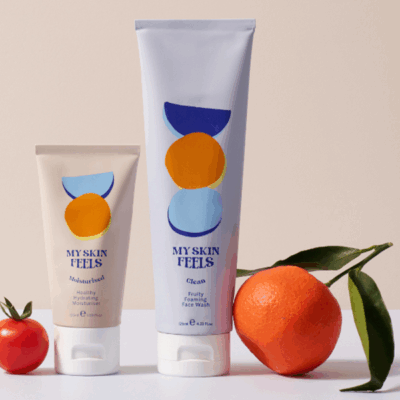
Leave a Reply
You must be logged in to post a comment.